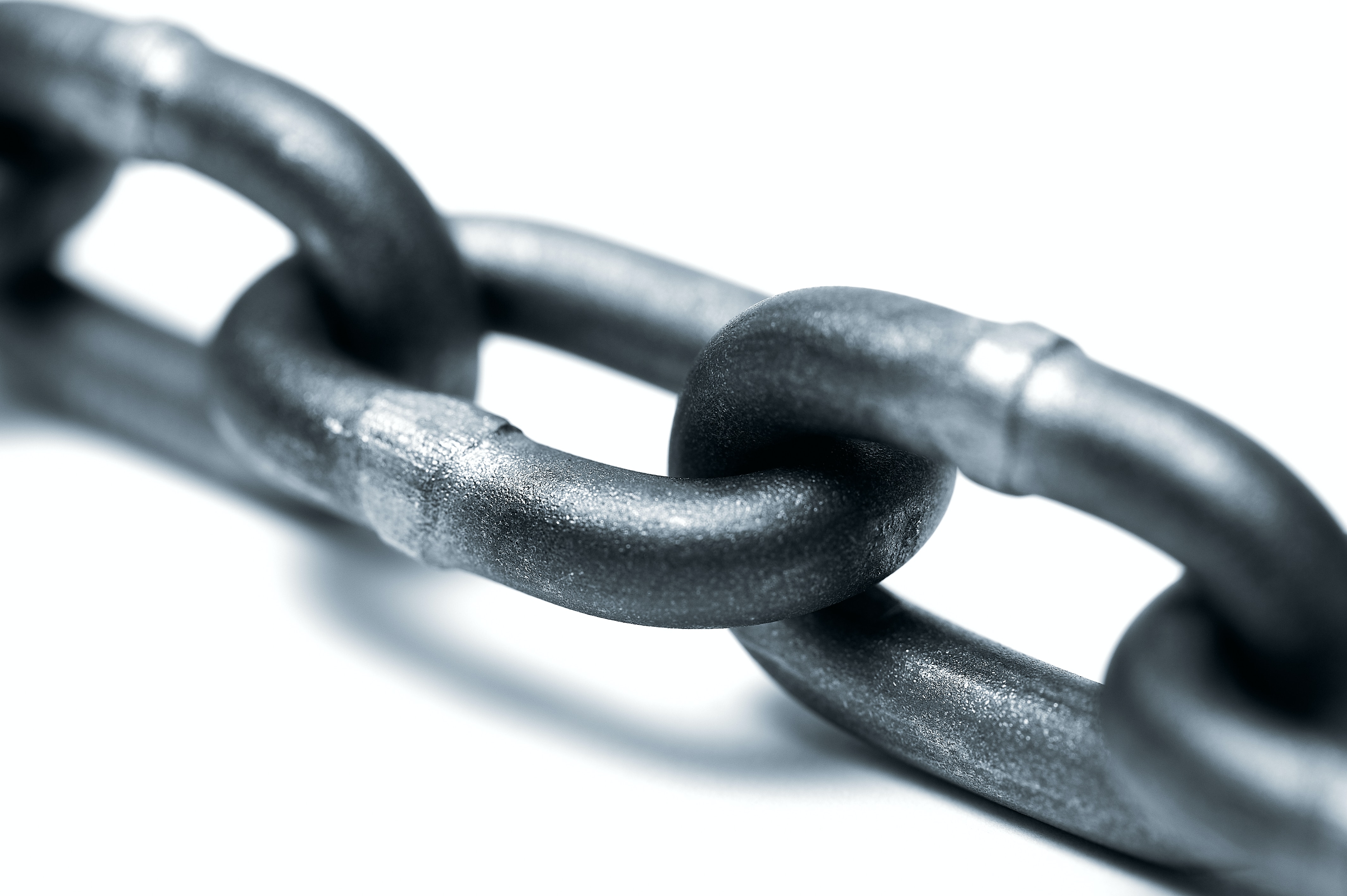
Institutionalized crimes, such as corruption, discrimination, and human rights abuses, are complex and deeply entrenched problems that require sustained effort and commitment to address.
In this article, we will explore some of the solutions that can be implemented to tackle institutionalized crimes and promote a more just and equitable society.
Strengthening institutional frameworks:
One of the most effective ways to combat institutionalized crimes is by strengthening institutional frameworks. This can involve reforming legal and regulatory frameworks, as well as strengthening the capacity of institutions to carry out their mandates effectively.
In practice, this might mean increasing funding for law enforcement agencies, reforming the judiciary, or establishing independent anti-corruption commissions to investigate and prosecute cases of corruption.
Promoting transparency and accountability:
Transparency and accountability are critical elements of any strategy to combat institutionalized crimes. This can involve increasing public access to information, establishing mechanisms for monitoring the conduct of public officials, and creating incentives for individuals and institutions to behave in a transparent and accountable manner. For example, publishing public procurement contracts online can help to reduce corruption and increase accountability in public spending.
Empowering civil society:
Civil society organizations play an important role in promoting transparency, accountability, and respect for human rights. Governments can support civil society by providing funding, creating legal frameworks that protect their rights and freedoms, and consulting with them on policy and legislative reform. Civil society can also play a critical role in raising awareness of institutionalized crimes and advocating for change.
Strengthening international cooperation: Institutionalized crimes are often transnational in nature, and require international cooperation to effectively combat them. This can involve establishing international legal frameworks, such as the United Nations Convention against Corruption, and promoting cross-border cooperation between law enforcement agencies.
Addressing the root causes of institutionalized crimes:
Addressing the root causes of institutionalized crimes; such as poverty, inequality, and political instability, is critical to effectively combating these problems. Governments can address these root causes by promoting economic development, reducing inequality, and promoting political stability.
Encouraging whistle-blowers:
Whistle-blowers play a critical role in exposing institutionalized crimes, as they often have first-hand knowledge of wrongdoing. Governments can encourage individuals to come forward with information by providing protection to whistle-blowers, and by establishing confidential reporting mechanisms that allow individuals to report wrongdoing without fear of reprisals.
Strengthening the media:
The media plays an important role in exposing institutionalized crimes and holding institutions accountable. Governments can support the media by creating legal frameworks that protect freedom of expression, by providing funding for independent media outlets, and by promoting media literacy.
Using technology to combat institutionalized crimes:
Technology can be a powerful tool in the fight against institutionalized crimes. For example, the use of blockchain technology can increase transparency in financial transactions and reduce the risk of corruption. The use of artificial intelligence and machine learning can also help to detect patterns of institutionalized crimes and identify potential cases of wrongdoing.
Providing reparations to victims:
Providing reparations to victims of institutionalized crimes can help to promote justice and reconciliation. This can involve providing compensation to victims, as well as providing access to psychological support and other services that can help victims to recover from the harm that they have suffered.
Promoting ethical leadership:
Ethical leadership is critical to combating institutionalized crimes, as it sets the tone for the behavior of individuals and institutions. Governments can promote ethical leadership by providing training and education to public officials, by establishing codes of conduct that promote ethical behavior, and by setting an example of ethical behavior at the highest levels of government.
Encouraging public participation:
Public participation is critical to combating institutionalized crimes, as it allows individuals to hold institutions accountable and to demand change. Governments can encourage public participation by creating mechanisms for public consultation and engagement, and by providing opportunities for individuals and civil society organizations to participate in decision-making processes.
Strengthening judicial systems:
Strong judicial systems are essential to combating institutionalized crimes, as they provide a mechanism for holding individuals and institutions accountable. Governments can strengthen judicial systems by providing resources for training and capacity-building, by increasing the number of judges and prosecutors, and by ensuring that judicial systems are independent and free from political interference.
Strengthening anti-corruption measures:
Corruption is a key driver of institutionalized crimes, and strengthening anti-corruption measures is essential to combating them. Governments can strengthen anti-corruption measures by enacting and enforcing laws that criminalize corruption, by establishing independent anti-corruption agencies, and by promoting transparency in government procurement and financial transactions.
Engaging with international organizations:
International organizations play an important role in combating institutionalized crimes, as they provide a platform for cooperation and collaboration between countries. Governments can engage with international organizations such as the United Nations, the World Bank, and regional organizations, to share best practices and coordinate efforts to combat institutionalized crimes.
Addressing inequality and social exclusion:
Institutionalized crimes often thrive in environments of inequality and social exclusion, where some individuals or groups have more power or resources than others. Addressing root causes of inequality and social exclusion is therefore essential to combating institutionalized crimes. This can involve policies that promote inclusive economic growth, access to education and health care and social safety nets for vulnerable populations.
Building public trust in institutions:
Public trust in institutions is critical to combating institutionalized crimes, as it provides a foundation for cooperation and collaboration between individuals and institutions. Governments can build public trust in institutions by promoting transparency and accountability, by communicating effectively with the public, and by establishing mechanisms for feedback and complaints.
Promoting international cooperation:
Institutionalized crimes often involve transnational networks of individuals and institutions, and addressing them requires international cooperation. Governments can promote international cooperation by sharing information and intelligence, by coordinating law enforcement efforts, and by establishing mechanisms for mutual legal assistance and extradition.
Promoting education and awareness-raising:
Education and awareness-raising are essential to combating institutionalized crimes, as they help individuals to recognize and resist wrongdoing. Governments can promote education and awareness-raising by incorporating anti-corruption and human rights education into school curricula, by promoting media literacy and critical thinking skills, and by conducting public awareness campaigns on issues related to institutionalized crimes.
Some Factors Hindering The Effective Implementation Of The Solutions.
While the solutions outlined above can help combat institutionalized crimes, there are also several factors that may militate against their effectiveness. Some of these factors include:
Lack of political will:
One of the biggest barriers to combating institutionalized crimes is a lack of political will. In some cases, governments may be unwilling to enact and enforce laws that criminalize corruption and other forms of institutionalized crimes, as they may be benefiting from these practices themselves.
Weak institutions:
Weak institutions can also be a major barrier to combating institutionalized crimes, as they may lack the resources, expertise, and political power to hold individuals and institutions accountable.
Limited resources:
Limited resources can also be a barrier to combating institutionalized crimes, as governments may not have the funding or capacity to invest in the necessary reforms and initiatives.
Resistance from powerful individuals and institutions:
Powerful individuals and institutions that benefit from institutionalized crimes may resist efforts to combat them, using their influence and resources to undermine reform efforts.
Lack of public support:
Combating institutionalized crimes may also be challenging if there is limited public support for these efforts. This may be due to factors such as limited awareness or understanding of the issue, or a lack of trust in government institutions.
Complex legal and regulatory frameworks:
The legal and regulatory frameworks surrounding institutionalized crimes can be complex and difficult to navigate, making it challenging for law enforcement agencies and other stakeholders to effectively combat these practices.
Cultural and social norms:
Cultural and social norms that condone or tolerate institutionalized crimes can also be a barrier to combating them. Changing these norms may require a sustained effort over time, involving education, awareness-raising, and social mobilization.
In conclusion, institutionalized crimes are deeply entrenched problems that require sustained effort and commitment to address. By strengthening institutional frameworks, promoting transparency and accountability, empowering civil society, promoting education and awareness-raising, strengthening international cooperation, and addressing the root causes of institutionalized crimes, we can work towards a more just and equitable society.
These solutions are not easy to implement, but they are critical if we are to build a better future for ourselves and future generations.
